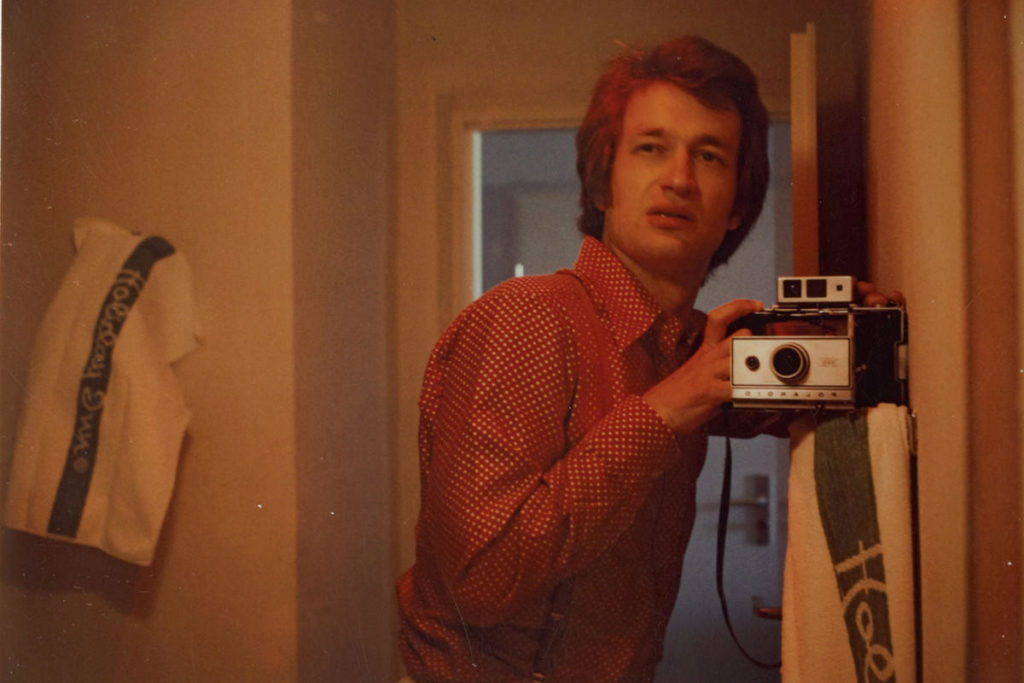
Wim Wenders’ book Emotion Pictures (published in Germany in 1986) is an anthology of both his previously unpublished writings and his work for Filmkritik, written between 1968 and 1971. Like Wenders’ films, his writings about the medium deal with his tried and true preoccupations with Americana, Yasujiro Ozu, rock and roll, Nicholas Ray and Easy Rider. What differentiates Wenders’ prose from that of his contemporaries Alexander Kluge, Rainer Werner Fassbinder and Jean-Marie Straub is the form his writing takes. That Wenders’ passion for the cinema is reflected beyond the traditional essay style and into the realm of a prose poem isn’t surprising; he takes every line and every sentence as a singular image.
The stand out pieces of this kind are heavily rooted in the poetry of Allen Ginsberg and Kenneth Rexroth. Wenders’ poem on the cinema, The American Dream, reflects admiration for the American cinema and a desire to bring the nationalism that binds all American films to Wenders’ own native Germany. Like so many German filmmakers of the sixties, in the wake of West Germany’s economic rebirth, Wenders’ covets the strength and endurance of American popular culture. Unable to instantaneously manufacture their own Pop Culture, many German filmmakers simply adopted America’s as their own. “The American Dream, what does it mean?” is the question Wenders poses. Skeptically, he grapples with that which has inspired so much of his earliest cinema, and the fears of the culture clash German filmmakers like himself have wrought upon the German Cinemas.
In his analysis’s, Wenders seems to draw on Godard at times, drawing all forms of expression into the realm of cinema with a relevancy that is hard to argue. In his piece on Hopper’s Easy Rider, Wenders looks beyond the narrative and the image of the film, fixing upon the soundtrack as a sort of omnipotent narrator, an on going commentary whose voice is that of an entire popular medium and by proxy an entire country. This is the anomaly German Filmmakers coveted the most in American films, the density of the culture’s language in film. Wenders picks apart each song from The Weight to Born To Be Wild. In Wenders’ eyes, each is as essential as the characters that inhabit the film (including Phil Spector’s cameo). His fascination with Dennis Hopper that began here would lay the building blocks for his own international breakthrough The American Friend in 1976.
Informal, obsessive and poetic are not terms commonly attributed to film criticism. But they are the best words for describing what Wenders has done here. His capacity to love the cinema has been matched only by his ability to articulate that passion. Though Emotion Pictures may not offer the profound revelations or inventive arguments other authors offer in their writing, it does offer the wonderment and expressiveness of film itself.
